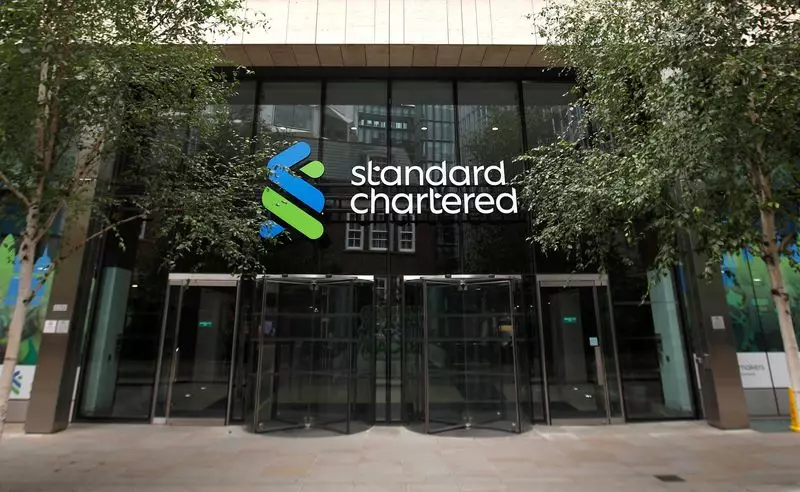In a significant development, the Securities and Exchange Commission (SEC) of Zambia has taken action against Standard Chartered Bank for allegedly mis-selling bonds linked to a Chinese property developer to a local wealth management client. This incident has emerged against the backdrop of an ongoing crisis in China’s real estate sector, which has seen default rates soar, leaving many investors in precarious financial situations. The case highlights critical issues surrounding regulatory compliance and client protection within the banking sector.
Details of the Allegations
According to a reliable source, the investigation by the SEC has uncovered two key breaches of securities regulations by Standard Chartered. Firstly, the bank is accused of failing to disclose essential information regarding the bonds during their sale in March 2022. These bonds, issued by the state-owned developer Sino-Ocean, soon fell into default, rendering them nearly worthless within a year. This lack of transparency raises serious questions about the bank’s commitment to ethical practices and consumer protection.
Additionally, the SEC identified that Standard Chartered utilized “exclusionary” clauses in its contracts with clients. Such clauses impose all associated risks onto the client, undermining Zambia’s regulatory framework designed to protect investors from moral hazards prevalent in financial transactions. The implications of this practice are concerning, considering the vulnerability of clients in high-stakes situations where they lack access to comprehensive risk assessments.
In response to the SEC’s findings, Standard Chartered has expressed a desire to appeal the decision. The bank’s statement emphasizes its commitment to regulatory compliance across its operational markets, suggesting that it is taking the allegations seriously, even as it prepares to contest them. The SEC’s investigation, which commenced in April, underscores the increasing scrutiny that financial institutions face in the wake of consumer protection concerns and market volatility.
As per Zambian securities laws, Standard Chartered faces a 30-day window to file its appeal. While the SEC holds the authority to impose fines or reprimands on offending financial institutions, it lacks the capacity to mandate restitution for clients adversely affected by mis-sold products. This limitation raises concerns about the efficacy of regulatory enforcement in protecting consumers, particularly in high-stakes financial markets.
Standard Chartered’s recent actions come amid a broader retraction of its operations in Africa, where it has also divested from operations in Tanzania and several West African countries. The bank’s strategy suggests a significant shift, raising questions about its long-term vision in emerging markets. As the oldest bank in Zambia, with nearly 120 years of history, its potential retreat from the local market could have lasting effects on the financial landscape.
As this situation unfolds, it serves as a critical reminder of the vital role regulatory bodies play in safeguarding financial integrity and consumer trust. The economic implications of mis-selling practices can be profound, leading not only to financial losses for individuals but also to a broader erosion of confidence in financial institutions. Stakeholders will be watching closely as both Standard Chartered and the SEC navigate this significant regulatory challenge.

